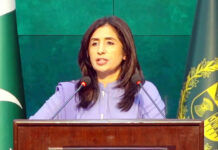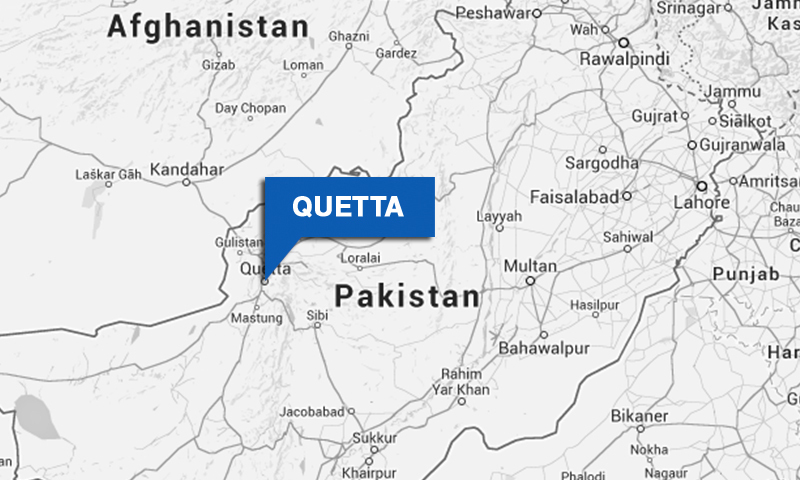A Pakistan Tehreek-e-Insaf (PTI) leader Shakoor Shad on Thursday challenged the acceptance of a resignation from his National Assembly seat in the Islamabad High Court (IHC).
In a petition filed through Advocate Akhtar Cheema, Shad maintained that the resignation letter was written by a computer operator at the PTI’s head office, and was signed by 123 members. He argued that the letter did not address the Lower House speaker, and did not have a name or date on it. According to the petition, the PTI had said that the resignations were taken to show solidarity with PTI chairman Imran Khan to maintain party discipline and for “political purposes”.
The petition further alleged that the approval of the resignation was in violation of the judgment given by Justice Athar Minallah in 2015. The court has declared that resignation must be voluntary, made of free will and for the purpose of vacating the seat. The petition maintained that according to former Senate Chairman Raza Rabbani’s ruling in 2015, the acceptance of the PTI MNA’s resignation was a violation of the speaker’s oath.
The petition requested that the election schedule be suspended immediately and the notification of his seat being vacated be declared null and void. Earlier this week, the IHC rejected the PTI’s petition against the approval of party MNAs’ resignations in phases. IHC Chief Justice Athar Minallah remarked that the notification of the then National Assembly deputy speaker Qasim Suri was declared unconstitutional in an earlier judgment.
Meanwhile, the IHC disposed of a petition seeking permission of PTI’s worker convention at Convention Center Islamabad. Chief Justice Athar Minallah heard the case filed by the PTI. Additional Attorney General Munawar Dogal informed the court that the district administration had granted permission to PTI for holding even at Convention Center.
The PTI lawyer said that his party had been given a NOC including the terms and conditions for holding the event. He prayed the court to also issued a directive for grant of permission in future to this the chief justice said that the court was not passing such order. The court remarked that this was the authority of district administration, adding that no one knew what happened in future. The court subsequently disposed of the case stating it had become ineffective after the grievance was resolved.














